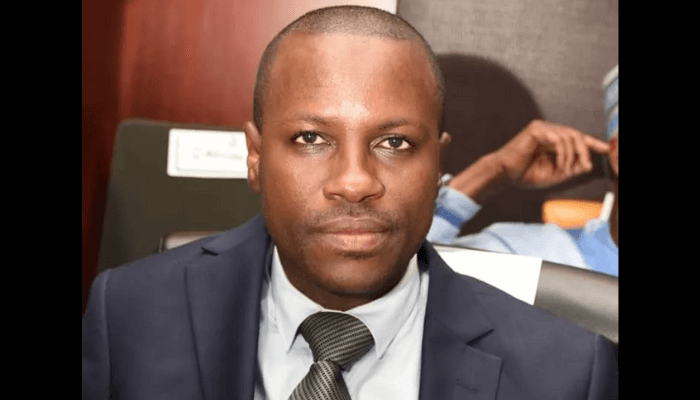Musa Aliyu, Chairman of the Independent Corrupt Practices and Other Related Offences Commission (ICPC), has called on Nigeria’s judiciary to expedite and standardize the adjudication of corruption cases to bolster public trust in the anti-graft campaign. Speaking at a two-day capacity-building workshop for judicial officers in Abuja, organized by the ICPC and the National Judicial Institute (NJI), Aliyu emphasized the critical role of judicial efficiency in ensuring justice.

“The effective administration of justice in corruption cases requires both vigorous law enforcement and scrupulous judicial oversight,” Aliyu stated, according to ICPC Spokesperson Demola Bakare. He highlighted the ICPC’s Strategic Action Plan (2024–2028), which prioritizes collaboration with the judiciary to combat corruption.

Aliyu noted that the increasing sophistication of financial crimes, driven by technological advancements, demands continuous skill upgrades for judicial officers. Under his CARE for Impact policy—focusing on prevention, enforcement, and systemic reform—the ICPC has achieved significant results, including preventing ₦20 billion in ghost worker fraud and recovering ₦2.5 billion in local government remittances across six states.
In a lecture titled “Fair Trials: Balancing the Statutory Powers of Law Enforcement with Judicial Powers in Adjudicating Corruption Cases,” Aliyu stressed that justice lies in upholding fairness, integrity, and adherence to the rule of law, not merely securing convictions. He underscored the shared constitutional mandate under Section 15(5) of the 1999 Constitution for the ICPC and judiciary to eliminate corruption and abuse of power.

“The synergy between law enforcement and the courts is the cornerstone of a justice system where no one is above the law or beneath its protection,” Aliyu said. The workshop aims to enhance integrity, accountability, and efficiency in Nigeria’s justice sector.




